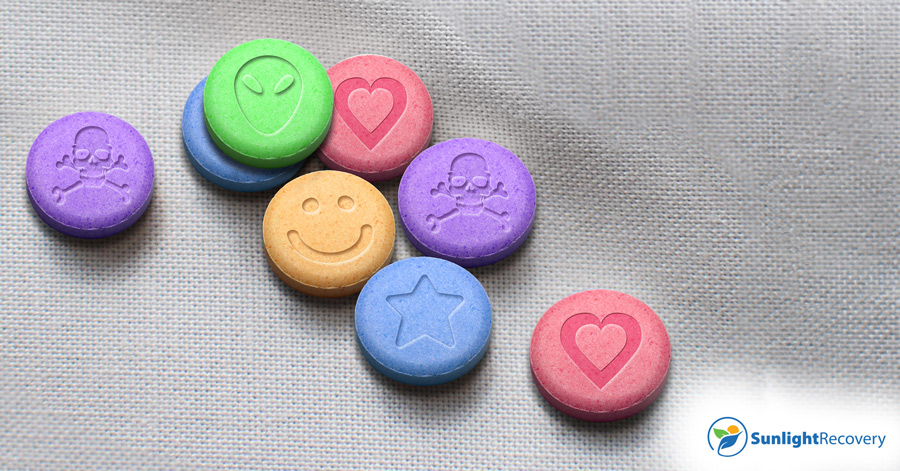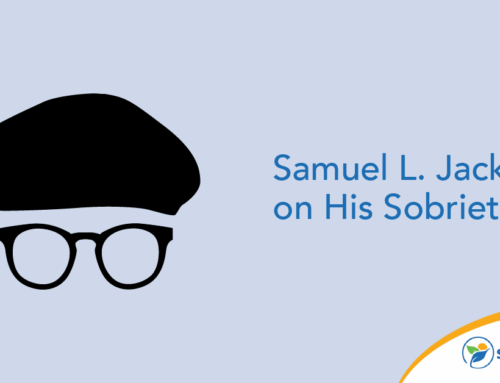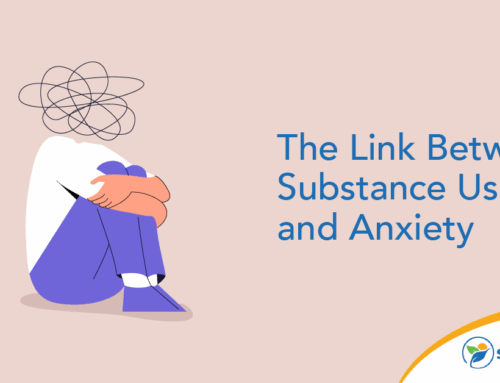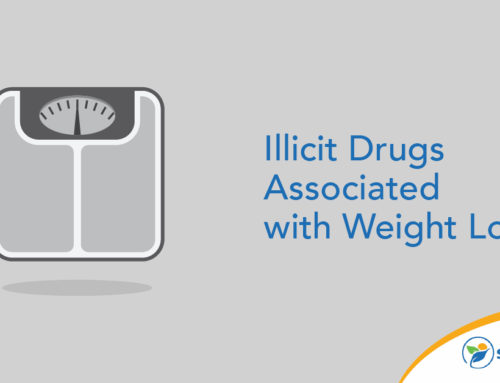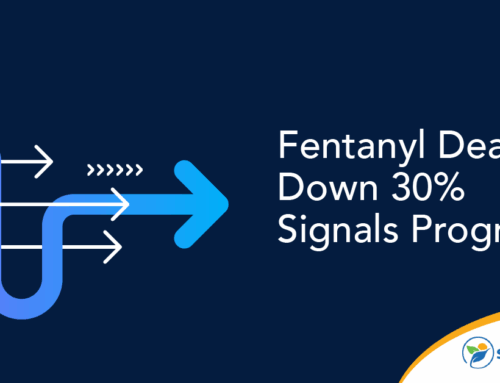MDMA is a manufactured street drug that was frequently used in nightclubs and trance parties to increase energy and euphoria. Otherwise known as Molly or ecstasy, the drug is now widespread. It’s no longer just associated with the club scene. So, can you overdose on MDMA? The simple answer is yes. Although overdosing is rare, it can happen. A study conducted from 2005 to 2011 indicated that there was a 128% increase in hospital admissions from ecstasy use in America.
The majority of MDMA-related deaths are caused by a bad batch of pills laced with ketamine and heroin, which can lead to an overdose. It’s reported that Molly and ecstasy are regularly laced with other drugs, and getting hold of pure MDMA is rare. Overdosing can also occur when users take MDMA with prescription drugs and too much alcohol.
It’s best to avoid taking recreational drugs that have potentially life-threatening side effects. Keep reading to find out more about how MDMA works in the brain and whether you can OD on MDMA.
What Is MDMA, and How Does It Work in the Brain?
MDMA (3,4-methylenedioxy-methamphetamine) is a Schedule 1 illicitly manufactured drug used for recreational purposes. It was initially developed by the pharmaceutical industry in 1912 and subsequently used by the CIA to experiment with psychological warfare.
The drug targets the pleasure center of the brain, leaving users feeling completely free and uninhibited. The chemical makeup of MDMA is a combination of a stimulant and a hallucinogen, which means its properties can cause heightened emotions, increased pleasure, feelings of fearlessness, inflated confidence and a closer sense of connection to those around you.
It takes about 45 minutes for the drug to take effect. Those heightened “loved up” feelings can last for up to 3 hours. Side effects can last from days to weeks, depending on the dosage taken.
According to the National Institute on Drug Abuse, your brain activates various neurotransmitters after you take the illicit drug, sending them into a hyper and alert state. The brain releases an excess of serotonin, a brain chemical responsible for arousal, perception, movement, empathy and elevated mood. Dopamine, which is partly responsible for increasing energy, is also activated. It also heightens the brain’s pleasure reward system. The rush of brain chemicals and increased messages from neurons can also cause blood vessels to constrict, causing unwanted side effects such as raised blood pressure.
Can You Overdose on MDMA? The Signs and Symptoms
There are a few telltale signs and symptoms of an MDMA overdose. Genetics, body size, health and comorbidities can affect a person’s reaction to recreational drugs. If someone is overdosing on MDMA, they may experience the following symptoms.
- Overheating: This is the most common sign that medical help is needed. Flushed skin, high body temperature, sweating and swelling are signs of overheating. This can lead to stroke or heart attack.
- Labored breathing: If someone appears short of breath, get medical help. Shortness of breath can also be a sign of a heart attack.
- Convulsions: Convulsions and fits can happen if the body is dehydrated.
- Odd behavior: This can include jaw clenching, fainting, paranoia and extreme chills.
How Much MDMA Is Considered a Normal or Safe Dose?
If it’s pure MDMA, 75-100 milligrams is considered a normal dose. There’s no exact amount for a safe dose because the purity can’t be tested. Ecstasy and Molly contain MDMA but aren’t pure MDMA. They’re often mixed with other dangerous substances, such as LSD, cocaine, rat poison and caffeine. Problems arise when impure MDMA is taken and when it’s mixed with alcohol. Although the risk of overdose is low, avoiding MDMA is the best solution.
Tips for Reducing the Risk of an MDMA Overdose
What is MDMA poisoning? MDMA poisoning is when an excess amount of ecstasy is consumed. Poisoning doesn’t always lead to an overdose, but it’s best to err on the side of caution when taking MDMA. There are ways to reduce the risk of poisoning and overdose.
MDMA can cause the body to overheat, which can lead to a host of life-threatening symptoms. If you do take MDMA, make sure you know where medical tents are located and ensure you’re never alone.
Here are a few tips to avoid a Molly overdose and MDMA poisoning:
- Don’t take MDMA in a hot, crowded environment.
- Avoid taking a double dose — the effects of drugs might take a while.
- Don’t consume alcohol, pills and other drugs.
- Be aware of your body. If you feel too hot and sweaty, find an open area and let your body cool down.
- Sip water throughout the night but not in excess (8 ounces per hour). Too much water can deplete the body of minerals and cause hyponatremia, which can lead to seizures and coma.
Can You Overdose on Ecstasy? Real-Life Stories
Most overdoses are caused by overheating and dehydration. Unfortunately, people can also overhydrate. Ecstasy inhibits the ability to urinate, which means the body holds onto water. At a rave in Toronto, Ontario, a 21-year-old woman died from an overdose. She reportedly took one tablet of ecstasy and suffered complications related to severe hyponatremia.
Another cause of MDMA-related deaths is combining it with other drugs. A 15-year-old girl took two tablets of ecstasy when she raided her university lecturer’s stash at a house party. She combined her pills with cocaine, a lethal combination that lead to her death.
A 14-year-old girl from California took one ecstasy tablet and collapsed. Her friends gave her marijuana to ease the symptoms under the misguided belief it would help. She died from swelling of the brain and dehydration. The tablet appeared not to be pure MDMA and was laced with other drugs.
If you feel like you’re addicted to MDMA and need advice about detox treatment, contact Sunlight Recovery to find out more about the programs on offer to aid your recovery. The compassionate team is available 24/7 to assist.


